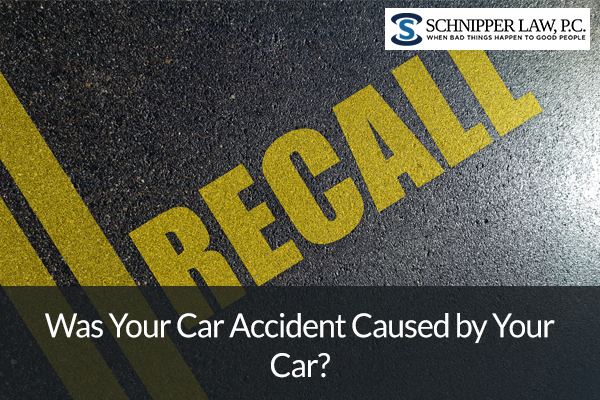According to many experts in the industry, self-driving cars aren’t going to be safer – in fact, many are worried of the liabilities they may cause. However, companies such as BMW, Tesla, Volvo, Google and even Uber are investing significantly in the development of these autonomous vehicles. 
However, with the recent surge in accidents that involve driverless vehicles hitting the headlines, there are more people who are starting to question the safety. One of the main questions being asked (as per above) is if they are going to be a safer option than human-drive vehicles. After all, most car accidents are the result of human error. The theory of this is if you take the human out of the equation, you eliminate the possibility of human error and the total number of accidents that occur.
The Question of Liability in Driverless Car Accidents
There’s another question about driver-free vehicles that has been presented by the legal community. It is – who is liable for an accident that is caused by these autonomous vehicles? It’s presumed that any passenger riding in a vehicle that is truly autonomous would be totally exonerated when a car accident occurs involving the driverless vehicle. These leaves the vehicle’s designer and manufacturer completely liable for the accident that occurred. After all, driver free vehicles are only as good as the people who make it.
However, in situations where the car accident resulted by something besides a manufacturing or design defect, such as an unsafe intersection or a pothole, the party that is in charge of designing and/or maintaining a roadway could, potentially, be considered liable.
This is a scenario that presents yet another question – Shouldn’t vehicles that are truly autonomous be able to detect the pothole and avoid it? Or, shouldn’t a vehicle have known that the upcoming intersection was unsafe and entered it using extreme caution?
Clearly, the legal definition of what an autonomous vehicle is, and the amount of liability it can have needs to be determined by the judicial system. While one could make the argument that a vehicle that is driver-free should have been able to detect the pothole and avoided hitting it, it is an entirely different situation if a bridge the autonomous vehicle was crossing collapsed. Each accident is unique, and the exact legal ramifications are going to depend on the circumstances present.
The State of Liability Today
The Society of Automotive Engineers and National Highway Traffic Safety Administration has worked to develop a scale that gauges the driving automation levels. There are six levels – with zero being when a human has full control of the vehicle, and five being a vehicle that is fully autonomous.
Today, the driver automation of driverless vehicles sits at a two or below, which means the driver of the vehicle may still be held liable for the car accident.
If you are involved in an accident with an autonomous vehicle, and you are unsure of who is liable, the best thing you can do is contact a personal injury attorney. To learn more about these services, contact the professionals at Schnipper Law, P.C. by calling (404) 465-2878. With proper legal representation you can get the compensation you deserve for the injuries and damages you suffered.
For More Information
Car Accident Damages: What to Expect
How Long Do You Have to File a Car Accident Lawsuit in Georgia?
